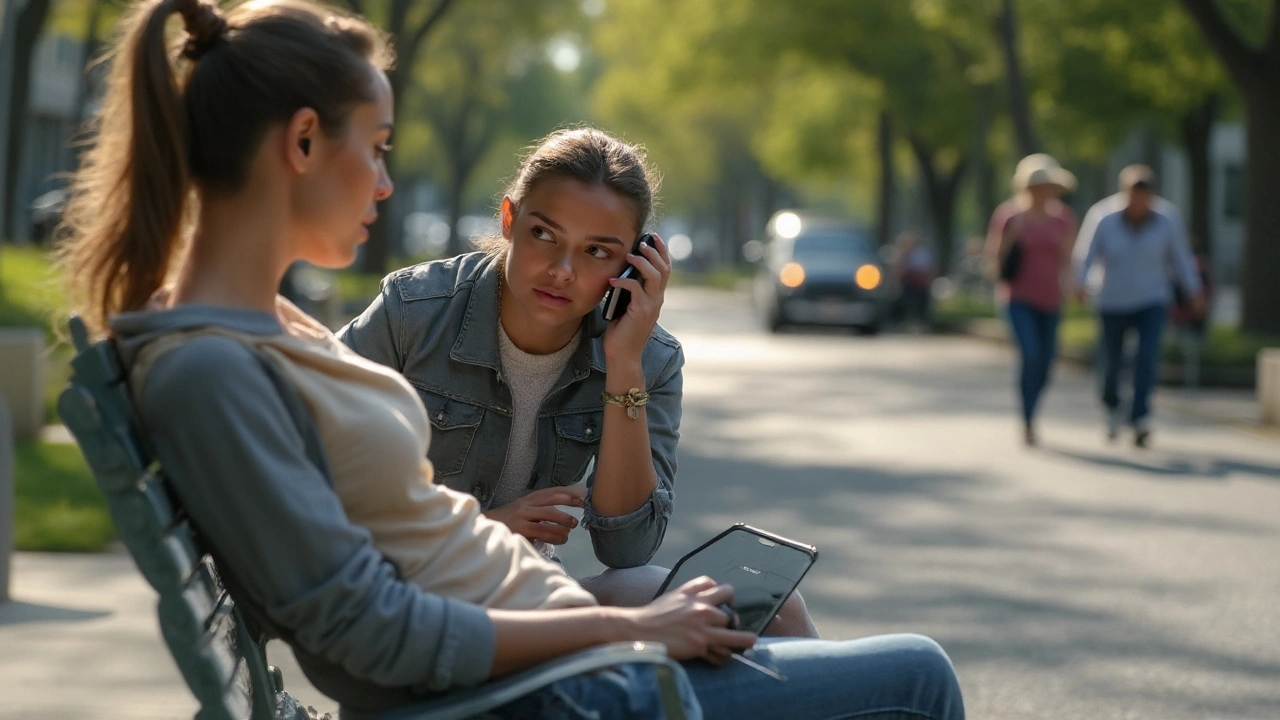Overdose: Herbal Overdose Signs and What to Do
Herbs feel safe because they’re natural, but taking too much or mixing the wrong ones can cause real harm. If you or someone else feels off after using herbal remedies, act fast. Stop the herb, check for warning signs, and get help if symptoms are serious. This page gives clear steps you can use right away and practical ways to avoid problems in the future.
Spot the signs
Watch for sudden symptoms after taking a supplement. Common warning signs include nausea, vomiting, stomach pain, dizziness, fast or irregular heartbeat, breathing trouble, fainting or extreme drowsiness. Confusion, seizures, yellowing skin or eyes (a sign of liver trouble), and heavy bleeding are more serious and need urgent care. Some herbs cause specific issues: black cohosh has been linked to liver problems in some people, red clover can affect blood clotting, and strong extracts or concentrated tinctures raise the risk of overdose. Apple cider vinegar in large amounts can irritate the throat and upset electrolytes. Kids and people with chronic conditions react sooner and more strongly than healthy adults.
What to do right now
If symptoms are mild — nausea, lightheadedness — stop the herb and sip water. Rest and watch closely. If symptoms are moderate or getting worse, call your local poison control center or seek medical advice. In the U.S., Poison Control is 1-800-222-1222. If someone has trouble breathing, passes out, has a seizure, or is severely bleeding, call emergency services immediately.
When you call for help, be ready to give the product name, amount taken, time of ingestion, age and weight of the person, and any other medicines they use. Keep the product container or label to show medical staff. Don’t induce vomiting unless a medical professional tells you to. Follow instructions from poison control or the ER — they will tell you if tests or observation are needed.
After the emergency, follow up with a doctor. Ask for liver and kidney tests if the herb is known to affect those organs. Keep a list of all herbs, drugs, and supplements you use so you can avoid repeats and check interactions.
Prevention is the best cure. Always follow label dosages, start with a low dose when trying something new, and avoid mixing multiple herbal products at once. Talk with a pharmacist or your doctor before using herbs if you take prescription drugs, are pregnant, breastfeeding, or have a chronic illness. Store herbs and supplements out of children’s reach and never share concentrated extracts without professional advice.
Good pharmacist-patient communication helps prevent mistakes. Ask questions about interactions, side effects, and safe doses. If you’re unsure about a product on this site, contact us or talk to your local pharmacist for clear, practical advice tailored to your situation.

What to Do in Case of Overdose: Step-by-Step Emergency Guide
Take quick and smart action when dealing with overdose. Spot the signs, call for help, and use safe steps while waiting for professionals.
view more